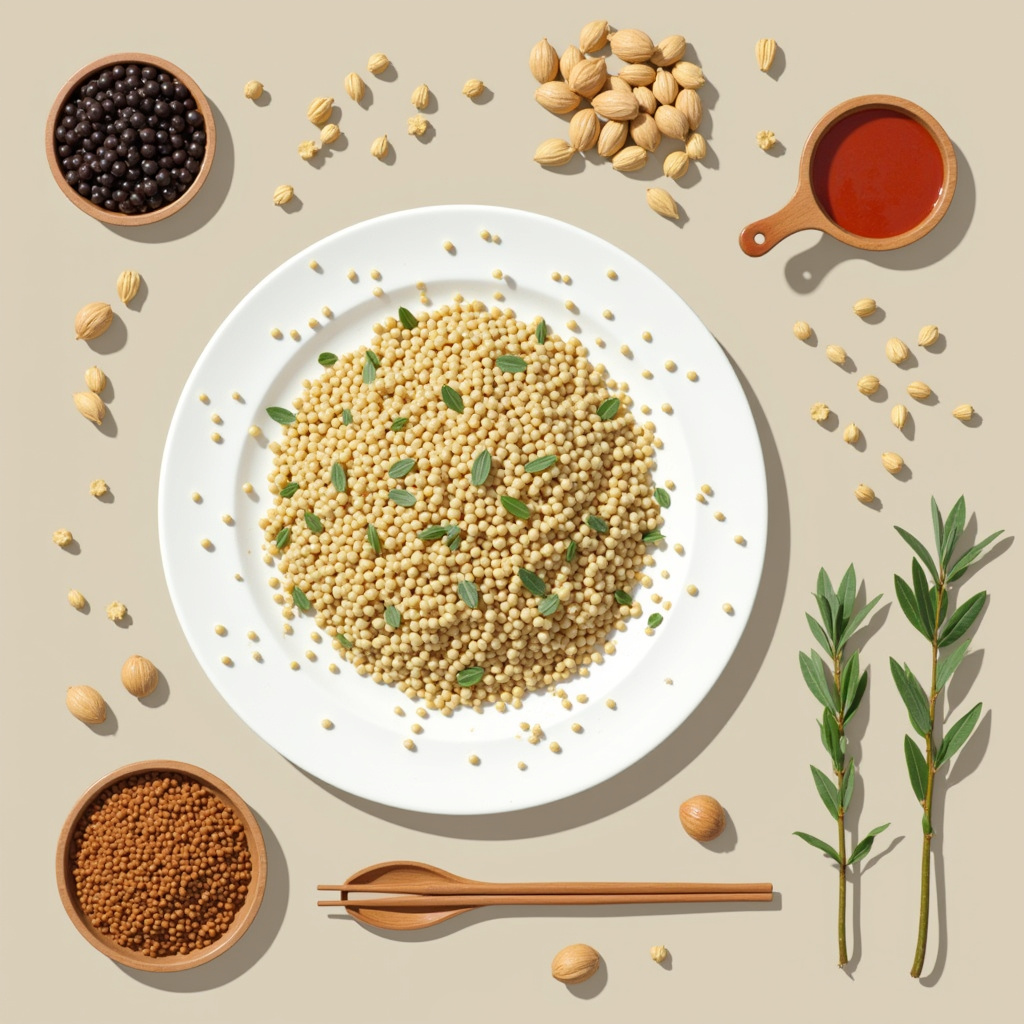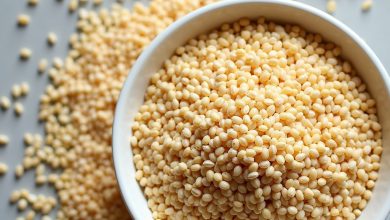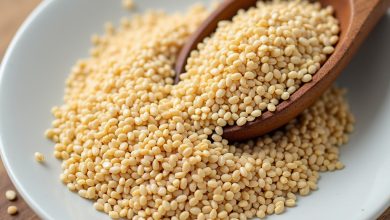The Versatile Sesame: Culinary and Wellness Advantages

Introduction
Sesame seeds, often overlooked in the culinary world, are a powerhouse of nutrition and flavor. These tiny seeds, scientifically known as Sesamum indicum, have been cultivated for thousands of years and are celebrated for their culinary versatility and health benefits. In this article, we will explore the various ways sesame can enhance your meals and contribute to your overall wellness.
Culinary Uses of Sesame
Sesame seeds are not just a garnish; they are a key ingredient in many dishes around the globe. Here are some notable culinary uses:
1. Baking and Cooking
- Breads and Rolls: Sesame seeds can be sprinkled on bread or used in dough to add flavor and texture. They are particularly popular in bagels and burger buns.
- Stir-fries and Salads: Toasted sesame seeds can enhance stir-fried vegetables or salads, adding a nutty crunch.
- Garnishing: Their aesthetic appeal makes sesame seeds a favorite for garnishing dishes, from sushi to hummus.
2. Making Sesame Oil
Sesame oil, extracted from sesame seeds, is a staple in Asian cuisine. It comes in two varieties: light and dark. Light sesame oil is often used for frying due to its high smoke point, while dark sesame oil, made from toasted seeds, is used for flavoring dishes.
3. Tahini: The Creamy Delight
Tahini, a paste made from ground sesame seeds, is a key ingredient in many Middle Eastern dishes, including hummus and baba ghanoush. Its creamy texture and rich flavor make it a favorite for dips and dressings.
Health Benefits of Sesame
In addition to their culinary uses, sesame seeds offer numerous health benefits:
1. Nutrient-Rich Profile
Sesame seeds are packed with essential nutrients, including:
- Protein: They are a good source of plant-based protein, making them an excellent addition to vegetarian and vegan diets.
- Healthy Fats: Rich in unsaturated fats, they help promote heart health.
- Vitamins and Minerals: Sesame seeds contain vital nutrients such as calcium, magnesium, and iron.
2. Antioxidant Properties
Sesame seeds are rich in antioxidants, specifically sesamolins and sesamin, which help protect the body from oxidative stress and inflammation. Regular consumption can contribute to overall health and longevity.
3. Bone Health
Thanks to their high calcium content, sesame seeds play a significant role in promoting bone health. They are an excellent option for individuals who may not consume dairy products.
Incorporating Sesame into Your Diet
Adding sesame to your diet is easy and enjoyable. Here are some practical tips:
- Sprinkle on Dishes: Add sesame seeds to salads, soups, and roasted vegetables for added texture.
- Use in Baking: Incorporate sesame seeds into bread, muffins, or energy bars for a nutritious boost.
- Experiment with Oils: Use sesame oil in dressings, marinades, or as a finishing oil to enhance flavor.
Conclusion
Sesame seeds are a remarkable ingredient that offers both culinary versatility and significant health benefits. From enhancing the flavor of your favorite dishes to contributing to your overall wellness, these tiny seeds deserve a prominent place in your kitchen. Embrace the versatility of sesame and enjoy its delicious flavors and healthful properties!




